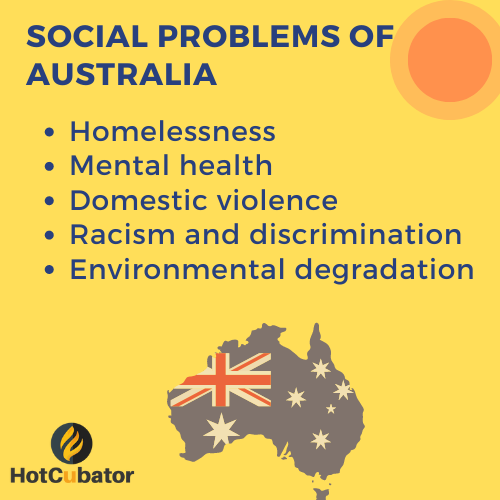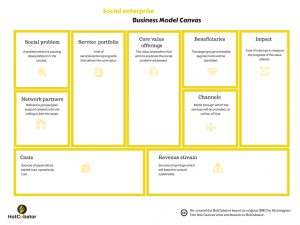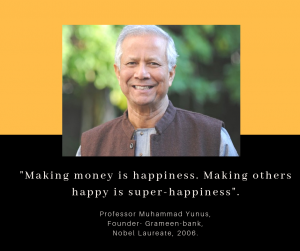
When you think about Australia, the picture comes to mind is beautiful sunny beaches, lush green landscape (ok some places are not entirely green!), rare animals, a multi-cultural society, great universities, top tourism destination and many more. The Australian economy has also seen enviably positive growth when COVID has hit the major economies of the world. Australia is famed as an innovative country with many ground-breaking innovations by the research and innovation sector. Despite all of the growth the country still faces many social problems which are increasing day by day.
Homelessness
With an increasing number of people experiencing homelessness, it has become a significant issue in Australia. According to the 2021 Census, on Census Night, there were 116,427 people experiencing homelessness in Australia, an increase of 14.4% from the 2016 Census.
The largest proportion of homeless people were in improvised dwellings, tents, or sleeping out (44%), followed by those staying in supported accommodation for the homeless (25%) and those staying in boarding houses (20%). New South Wales had the largest number of homeless people (40,704), followed by Victoria (26,171) and Queensland (20,940). The majority of homeless people were aged between 25 and 44 years (41%), followed by those aged between 45 and 54 years (20%). The majority of homeless people were male (66%).
Mental health
Mental health issues, such as depression and anxiety, are a growing concern in Australia, with one in five people experiencing a mental illness in their lifetime. According to the World Health Organisation, an estimated 45% of Australians will experience a mental health condition in their lifetime. The most common mental health conditions in Australia include anxiety disorders, depression, bipolar disorder, and psychotic disorders. Despite high rates of mental ill-health in Australia, access to treatment remains a challenge, with only around one-third of people with a mental health condition accessing appropriate care. Suicide is a leading cause of death in Australia, with an estimated 3,046 deaths by suicide in 2020. Mental health conditions can have a significant impact on the workplace, with an estimated 12.5 million working days lost each year due to mental ill-health. The cost of mental ill-health in Australia is estimated to be $180 billion per year, including costs related to healthcare, productivity losses, and the impact on families and communities.
Domestic violence
According to the Australian Bureau of Statistics, one in six women and one in 16 men have experienced physical or sexual violence from a current or former partner. Sadly enough, domestic violence is a leading cause of death and injury for women in Australia, with an average of one woman killed each week by a current or former partner. Very unfortunately, children are also affected by domestic violence, with around one in four children exposed to domestic violence in their home.
In 2020-2021, police responded to an average of one domestic violence incident every 2 minutes in Australia. The economic cost to handle domestic violence is also huge. The cost of domestic violence to the Australian economy is estimated to be $21.7 billion per year, including costs related to healthcare, justice services, and lost productivity. The staggering data, however, only represents the reported cases and there remains many unreported or underreported cases.
Racism and discrimination
racism and discrimination continue to be significant social problems in Australia, impacting individuals and communities from diverse cultural backgrounds. Studies have shown that experiences of racism and discrimination can have negative impacts on mental and physical health, including higher rates of depression, anxiety, and stress. Indigenous Australians and individuals from culturally and linguistically diverse (CALD) backgrounds are more likely to experience discrimination in the workplace, including lower pay and limited career advancement opportunities. Racial profiling, where individuals are targeted by law enforcement due to their race or ethnicity, is a significant issue in Australia, with Indigenous Australians and CALD communities disproportionately affected. The number of reported hate crimes has increased in recent years in Australia, particularly against individuals from Muslim, Jewish, and LGBTQIA+ communities. Students from CALD backgrounds are less likely to complete secondary education, with cultural and linguistic barriers to education a significant factor in this disparity.
Environmental degradation
Environmental degradation, including climate change, loss of biodiversity, and deforestation, is a growing concern in Australia and globally. Australia has one of the world’s highest rates of biodiversity loss, with more than 1,700 species and ecological communities listed as threatened. Deforestation is a significant problem in Australia, with more than 1 million hectares of native forest cleared each year for agriculture, urbanisation, and other land uses. Climate change is having significant impacts on Australia’s environment and biodiversity, including rising temperatures, declining rainfall, and more frequent and intense natural disasters. Climate change also affects the rising water crisis of this country, particularly in arid regions, with increasing demand for water for agriculture, urbanisation, and other uses putting pressure on scarce water resources. Another major impact of climate change is carbon emission. Australia is one of the largest per capita emitters of greenhouse gases in the world, with most emissions coming from the energy and transport sectors. The health of Australia’s oceans is declining, with increasing ocean acidification, plastic pollution, and overfishing impacting marine biodiversity and ecosystems.
Apart from the above problems there are several other problems which can not be ignored, eg. male female paygap, glass ceiling and several others which have not been widely discussed and reported. Tackling these social problems is not an easy job and requires a collection action from government, private sector and social enterprises. NOW is the time for leaders, entrepreneurs from all sectors to come forward, roll up sleeves and work together to solve these problems.
References:








